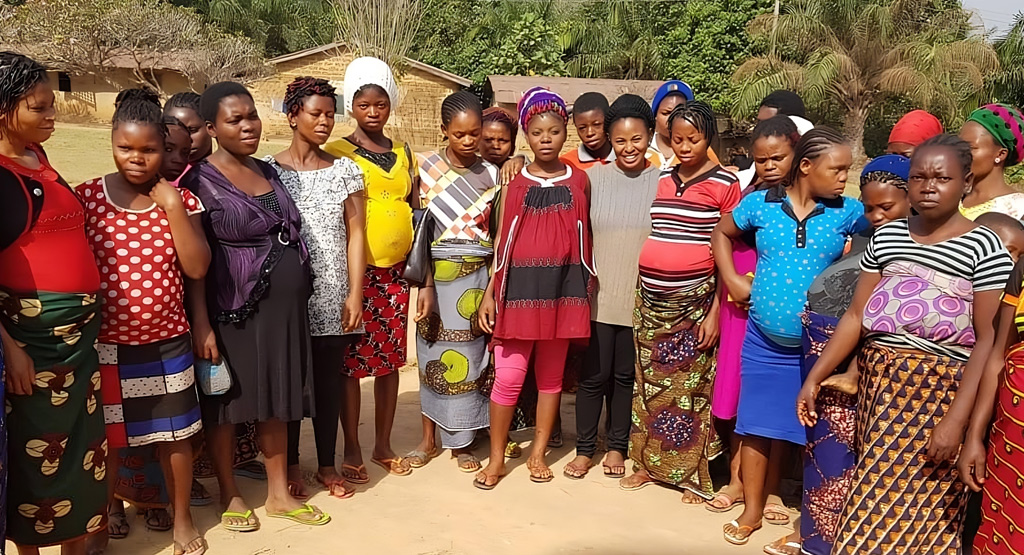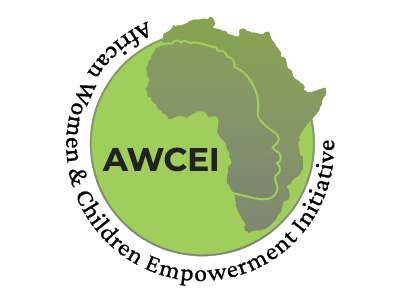In the turbulent landscape of conflicts, what often goes unnoticed is the disproportionate impact on women. Beyond the visible casualties and destruction, conflicts inflict a unique set of challenges on women that have lasting effects on their lives, families, and communities. This blog delves into the gendered impact of conflicts, shedding light on how women are affected by displacement, violence, and the hurdles they confront during times of strife.
Displacement of Women
Displacement is a common consequence of conflicts, forcing families to flee their homes for safety. However, women experience displacement differently than men. They often bear the responsibility of caring for children, the elderly, and the infirm during these journeys. This can increase physical and emotional burdens as they navigate unfamiliar terrains, often without adequate resources or support.
Women’s vulnerability to violence and exploitation rises in overcrowded refugee camps or makeshift settlements. The lack of proper sanitation and privacy makes them vulnerable and easy targets for harassment. Displacement also disrupts women’s access to education and healthcare, leaving them and their families uncertain futures.
The Weaponization of Gender
One of the most disturbing aspects of conflicts is the deliberate use of violence against women as a weapon of war. Sexual violence is employed to intimidate, terrorize, and destabilize communities. Women become targets of rape, sexual slavery, and forced marriages, leading to profound physical and psychological trauma. The consequences ripple through families and societies, perpetuating cycles of pain and injustice.
While both men and women can be victims of conflict-related violence, women are often specifically targeted due to their gender. This targeting inflicts immediate harm and carries a lasting social stigma, impacting their social standing and marital prospects.
Unique Challenges Faced by Women
Beyond displacement and violence, women in conflict zones face unique challenges that compound the adversity they endure:
Lack of Agency: Traditional gender roles can limit women’s agency and decision-making power, reducing their ability to protect themselves or advocate for their needs during conflicts.
Healthcare Disparities: Access to reproductive health services, prenatal care, and maternal healthcare becomes even more limited during conflicts, leading to increased maternal and infant mortality rates.
Economic Struggles: Disrupted economies, loss of livelihoods, and limited job opportunities disproportionately affect women, who often engage in informal labor sectors that are hit hardest during conflicts.
Education Disruption: School closures and the fear of violence prevent many girls from accessing education, impacting their long-term prospects and perpetuating gender inequalities.
Psychological Toll: Women’s mental health is often overlooked during conflicts. Witnessing violence, losing loved ones, and dealing with uncertainty can lead to depression, anxiety, and post-traumatic stress disorder.
Empowerment and Resilience
Despite the challenges, women in conflict zones often demonstrate remarkable resilience and strength. Many become active participants in peacebuilding and humanitarian efforts. Women-led organizations support their communities, from medical care to psychological counseling. Their involvement in conflict resolution is crucial, as their unique perspectives contribute to sustainable solutions.
Efforts to address the gendered impact of conflicts must encompass:
Protection: Providing safe spaces, legal mechanisms, and support against gender violence.
Empowerment: Ensuring women’s participation in decision-making processes and promoting their economic independence.
Healthcare and Education: Prioritizing access to healthcare, including reproductive health services, and promoting girls’ education even in conflict settings.
Conclusion
The gendered impact of conflicts is a harsh reality that cannot be ignored. Women’s experiences are not mere side effects but central components of the conflict narrative. Addressing these challenges requires a collective commitment to protecting women’s rights, empowering their voices, and recognizing their resilience. By understanding the gendered dimensions of conflicts, we move closer to building a more just and equitable world, free from the shadows cast by violence and adversity.



